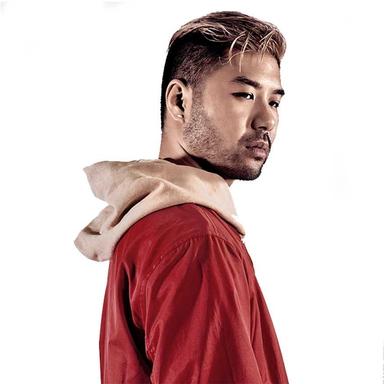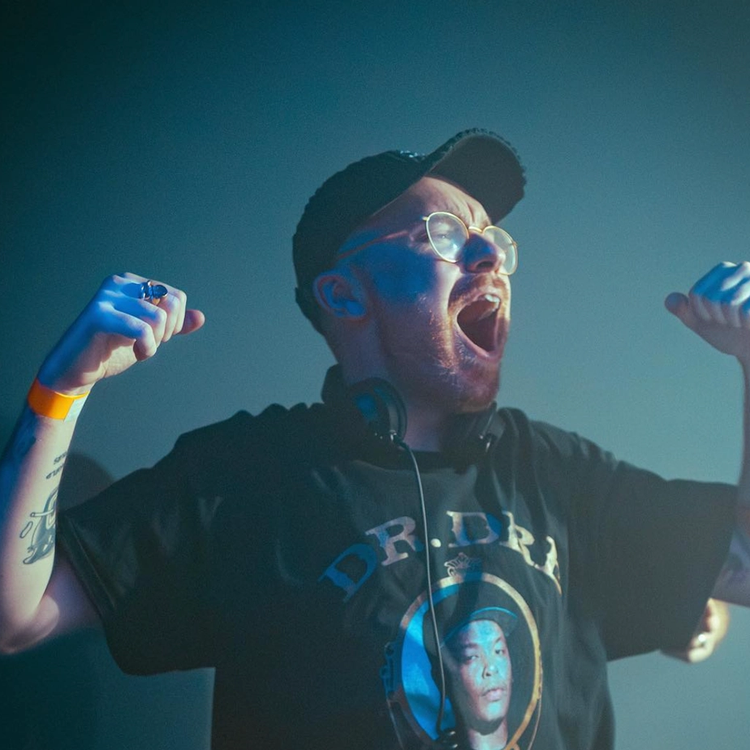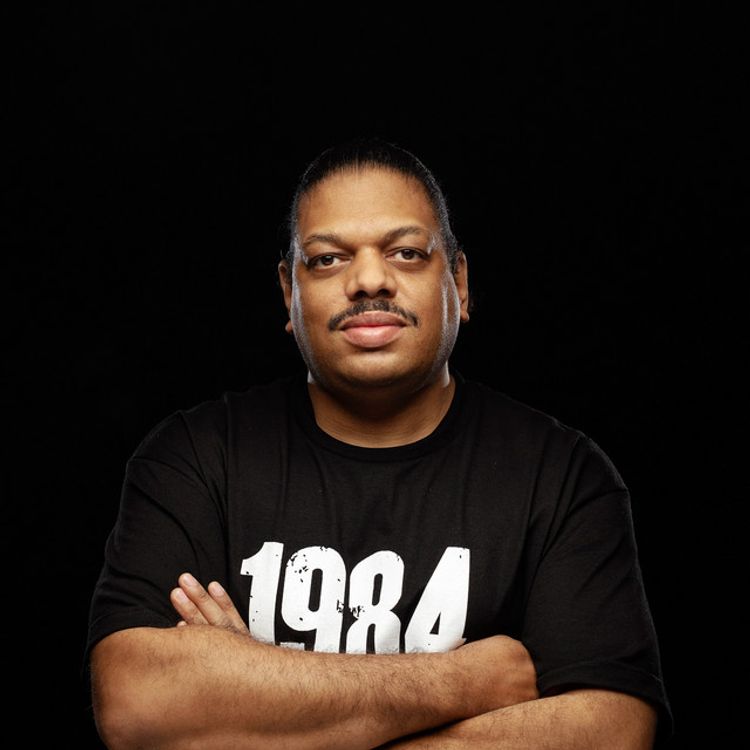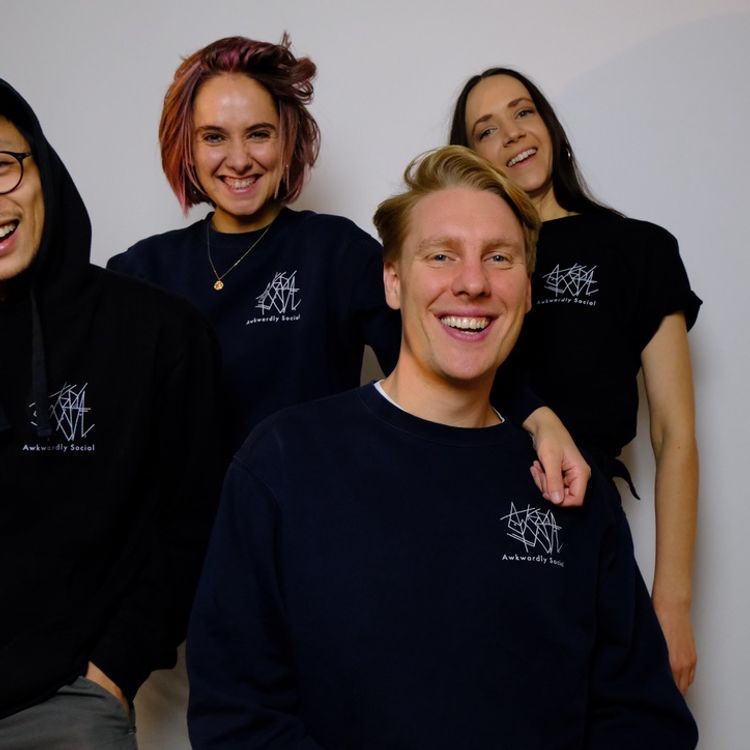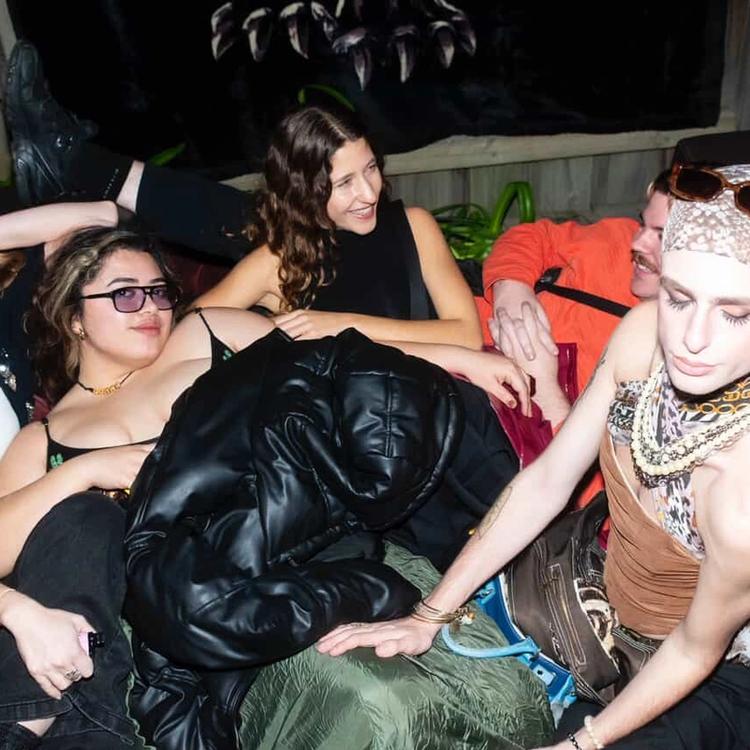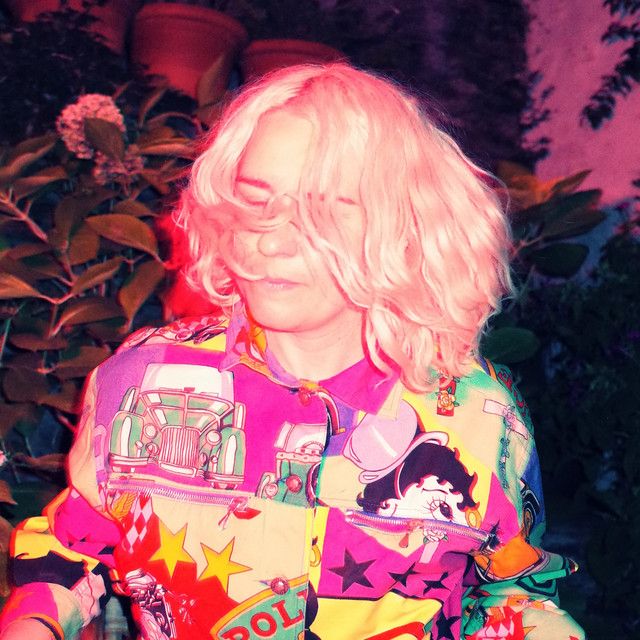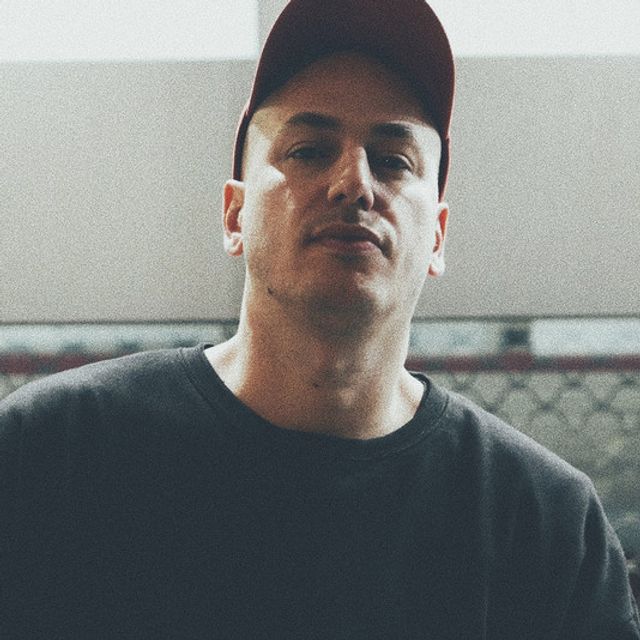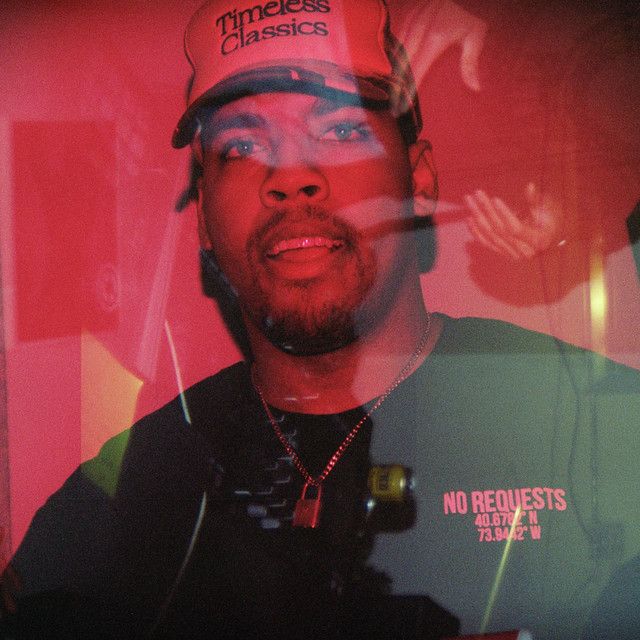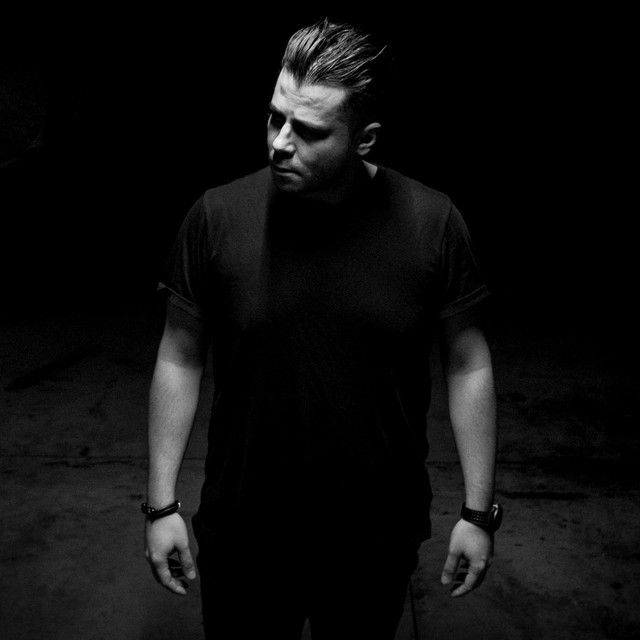Artist Spotlight
Anyone who’s attended a Wax Motif show will tell you it’s an absolute ripper of a time. Tongue-in-cheek samples seamlessly skate among brain warping production while chest-thumping 808s shake the hips and stomp the feet of every listener in earshot. The spell of the music is hopelessly irresistible, and fighting it only prolongs the inevitable party that awaits.
But how did Wax become the G-house giant of today? How did Danny Chien from the sleepy suburbs of Sydney, Australia, become one of dance music’s heaviest hitters? The answers to those questions start with his parents—the son of two immigrants who modeled a tireless work ethic for Danny from a young age.
“My parents weren’t crazy into music… There are some people whose parents are composers. My parents weren’t that musical or anything. They were immigrants. They were just working a lot,” Chien recounts.
Left to his own devices, Danny started down a path of music discovery in high school. Platforms popular at the time like Limewire and Napster meant easy access to seemingly bottomless wells of sounds old and new.
“That was when I started finding rap shit and dance music. I would just find heaps of shit and suddenly I knew every word to ‘Juicy’ by B.I.G,” he laughs.
Danny sheepishly shares that the first dance music that captured his interest was trance and progressive house. A distant sound from the carnal bass-driven beats for which he's now famous. But those themes would prove to be mere introductory stepping stones, soon giving way to beats more in line with his affinity for hip hop.
“It moved pretty quick out of [trance and prog]. That was cool for like… experimenting. And then French house. Because I really enjoy like Armand Van Helden cuz the sampling shit was so—the texture and stuff—the feel was so organic,” Chien remembers.
His ears now fixed on a groove, a 16-year-old Danny soon found himself exploring the rave scene with his friends. One of those friends even acquired Numark turntables, and while one might think this would be the launching point of Wax Motif, Danny sings another tune.

“When I was 16 or 17 my friend bought decks and I went to his house and started playing with them… and I was so bad it was so difficult I was like ‘Naaaahhh, I’ll never do this,’” he chuckles.
“I went through high school and I was playing sports, so music was never really in my mind, I was just playing sports the whole time.”
High school came and went, and as Danny graduated to college, so did his interests and exposure to the music scene.
“I started going to clubs, like actual clubs,” he starts. “You’re not going to raves anymore cuz you can get into clubs. So it was around then I just bought some shitty turntables and bought like two records and would just go back and forth. I would just mix from one record back to the other back to the other. It was like a Plump DJs record to a Chemical Brothers record into the same. Only had two vinyls. But yeah, so I was doing that but just for fun.”
But halfway through college, what started as a light-hearted hobby soon found new vigor when Danny and his friends spent part of a gap year in the United States. He humorously recounts the defining experience saying:
“Me and my two buddies came [to the U.S.] and did a season in the snow and while we were there we saw Kaskade. It was my first time ever seeing Kaskade. I think it was after that… but it wasn’t even a good show,” he cracks up.
“It was in Tahoe in some shitty nightclub. When you think about where Kaskade plays today where it’s like Staples Center like this wasn’t a good Kaskade show. But for some reason, it triggered something in me to be like, ‘When I get home, I’m gonna try and do that actually… And then I came home and tried but I wasn’t really that good… That was when the really long boring part started where I was just like trying and trying and trying and trying.”
That “long boring part” would see Chien grinding for years to make headway in a sparse Australian dance scene. Sydney's open format parties allowed him to hone his now-famous party-starting energy and technical skill. They even led him to interact with fellow Aussie up-and-comers like Alison Wonderland and Flume (then in WhatSoNot).
However, discontent with the resources available in his homeland, Danny began taking yearly trips to the US for two to three months of networking, industry studying, and production projects.
“There was no other way you could do it from Australia. I mean now there is,” he admits.
“Now there’s a couple kids who can be based out there and smash it. But back then we weren’t even on the map. The only two people I knew that had moved were Tommy Trash and Anna Lunoe... And that was right when Tommy was like really big. Like right before he did 'Reload.' I was with him when he wrote all those records when he was still in Sydney. So I got to watch all that happen in front of me."

Danny was fast becoming a rising star, and as he watched his Aussie friends make a move to the States, they urged him to follow.
"[Tommy] said, ‘You’re getting close to the limit, to the glass ceiling.’ And then Anna had just moved out here, she was killing it too, she was like, ‘Dude, you have to move.’ And I think I had just done the Mad Decent EP and did some shit on Dim Mak and Fool’s Gold and it just didn’t make sense to stay.”
The consistent hustle in Australia combined with the yearly trips stateside had constructed the stage. Now, the move to L.A. positioned Wax Motif square in the spotlight. His reputation for no-nonsense production led him to work with artists from new walks and genres, even producing with artists like Ty Dolla $ign, Pusha T, Scrufizzer, and Diddy. His performance load hit new levels, selling out clubs across the country and headlining festivals the world over. Even the most casual club-goers have undoubtedly heard Wax’s work with tracks like “WET,” “Bunda,” and his remix of AC Slater’s “Fly Kicks” gracing the USBs of countless DJs.
Danny’s journey as Wax Motif has rocketed to the next level in recent years. He’s even taken steps to further ownership and agency of his career by founding his Divided Souls record label. Now at a professionally self-sustaining level, he looks forward, eyeing artistic growth as the next frontier.
“Now I just want to make things that I feel inspired by in the moment. I think I got so used to making music that had a particular energy or particular vibe to it that it kinda became about making club single, making club single, making club single. Which I’m not against,” he adds.
“I think you gotta do that. But I think the point where I’m at it can’t always just be making music for other people. It has to be making it for myself. Obviously, I’m still going to have club records, and I’ve still got some in the bag that I’ll put out… But at a certain point, I need to do a few things just for me, even if people don’t like them, and then we’ll go back to the regularly scheduled programming.”

It is not difficult to lose sight of your starting point in the break-neck pace of the music industry. Being aware of the aforementioned career catch-22 and maintaining the fortitude to venture from the proven path of success is a constant struggle. However, reconnecting with why you do separates the good from the great, the transient from the timeless. It’s as if we see a reconciling of Danny Chien and Wax Motif when he ties this awareness back to his recent debut album, House Of Wax.
“It was just such a shame to have made so much of this music sit on my laptop and not go anywhere. The album is a collection of the older stuff (there’s new songs on there too)," he explains. "The reason there are some things that are maybe a little left of pocket was because I just made it with some homies and was like, ‘This is fire. I would listen to this…’ I don’t want people to sit there and judge it. This isn’t going number one on Beatport. I don’t care. That’s not what it was for. It was just, ‘I fuck with this.’ You can listen to this in the shower. You can listen to this in the car. You can listen to this hanging with your chick. There’s a song on here for each one of those occasions. That’s what it’s all about.”
Words by: Austin Miller
